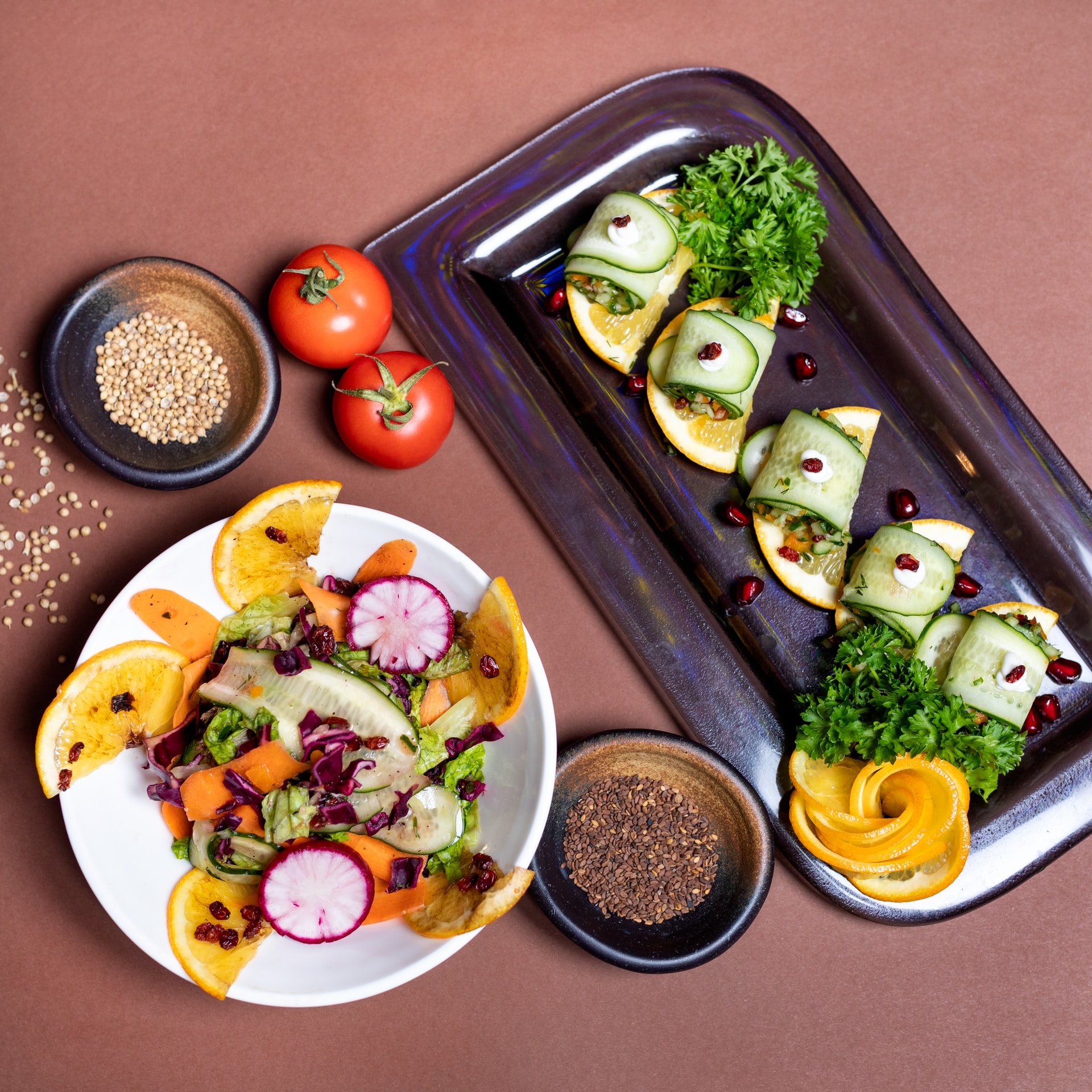COVID-19 looks like it is going to be around for a while, as the number of cases continues to go up. Gyms, restaurants, schools, and more businesses are closed for weeks or more. It looks like staying home will be the new normal, avoiding public places and contact with many people.
Figuring out “What’s for dinner?” can be yet another daily challenge.
To make things even harder, panic buying and disruptions to food supply systems mean some foods can now be difficult to find in the Country. And for many people, unemployment and lost income are making food shopping an additional financial challenge. This is already a problem for people who attend events and socialize. For those trying to stay calm and boost their immune system, staying at home poses challenges: eating healthy may require new routines
Healthy eating tips
Good nutrition and hydration are vital. People who eat a well-balanced diet tend to be healthier with stronger immune systems and a lower risk of chronic illnesses and infectious diseases. So you should eat a variety of fresh and unprocessed foods every day to get the vitamins, minerals, dietary fiber, protein, and antioxidants your body needs. Drink enough water. Avoid sugar, fat, and salt to significantly lower your risk of overweight, obesity, heart disease, stroke, diabetes, and certain types of cancer.
Eat fresh and unprocessed foods every day
Eat fruits, vegetables (e.g. spinach, beans, mixed veggies ), nuts, and whole grains (e.g. unprocessed, oats, wheat, brown rice, or starchy tubers such as potato, sweet potato, and protein from animal sources (e.g. meat, fish, eggs, and milk).
Daily, eat at least (2 – 4 servings) of fruit, 2.5 cups of vegetables (5 servings), (red meat can be eaten 3−4 times per week, and poultry 3−5 times per week).
For snacks, choose raw vegetables and fresh fruit rather than foods that are high in sugar, fat, or salt.
Do not overcook vegetables as this can lead to the loss of important nutrients.
When using canned or dried vegetables and fruit, choose varieties without added salt or sugar.
Drink enough water every day
Water is essential for life. It transports nutrients and compounds in blood, regulates your body temperature, gets rid of waste, and lubricates and cushions joints.
Drink at least 2 liters of water every day.
Water is the best choice, but you can also consume other drinks, fruits, and vegetables that contain water, for example, lemon juice (diluted in water and unsweetened), tea, and coffee. But be careful not to consume too much caffeine, and avoid sweetened fruit juices, syrups, fruit juice concentrates, fizzy, and still drinks as they all contain sugar.
Eat moderate amounts of fat and oil
Consume unsaturated fats (e.g. found in fish, avocado, nuts, olive oil, soy, canola, sunflower, and corn oils) rather than saturated fats (e.g. found in fatty meat, butter, palm, and coconut oils, cream, cheese, ghee, and lard).
Choose white meat (e.g. poultry) and fish, which are generally low in fat, rather than red meat.
Avoid processed meats because they are high in fat and salt.
Where possible, opt for low-fat or reduced-fat versions of milk and dairy products.
Avoid industrially-produced trans fats. These are often found in processed food, fast food, snack food, fried food, frozen pizza, pies, cookies, margarine, and spreads.
Eat less salt and sugar
When cooking and preparing food, limit the amount of salt and high-sodium condiments (e.g. soy sauce and fish sauce).
Limit your daily salt intake to less than 5 g (approximately 1 teaspoon), and use coarse sea salt
Avoid foods (e.g. snacks) that are high in salt and sugar.
Limit your intake of soft drinks or sodas and other drinks that are high in sugar (e.g. fruit juices, fruit juice concentrates and syrups, flavoured milk, and yogurt drinks).
Choose fresh fruits instead of sweet snacks such as cookies, cakes, and chocolate.
Counseling and psycho-social support
While proper nutrition and hydration improve health and immunity, they are not magic bullets. People living with chronic illnesses who have suspected or confirmed COVID-19 may need support with their mental health and diet to ensure they keep in good health. Seek counseling and psycho-social support from appropriately trained health care professionals and also community-based lay and peer counselors.
Bottom line
Staying at home during the COVID-19 pandemic is challenging for everyone, and the increased anxiety (and boredom) can cause people to abandon their healthy eating intentions and snack on whatever is around. But with a little thought and planning, you can continue to make good food choices and maybe even boost your mood and immune system.







